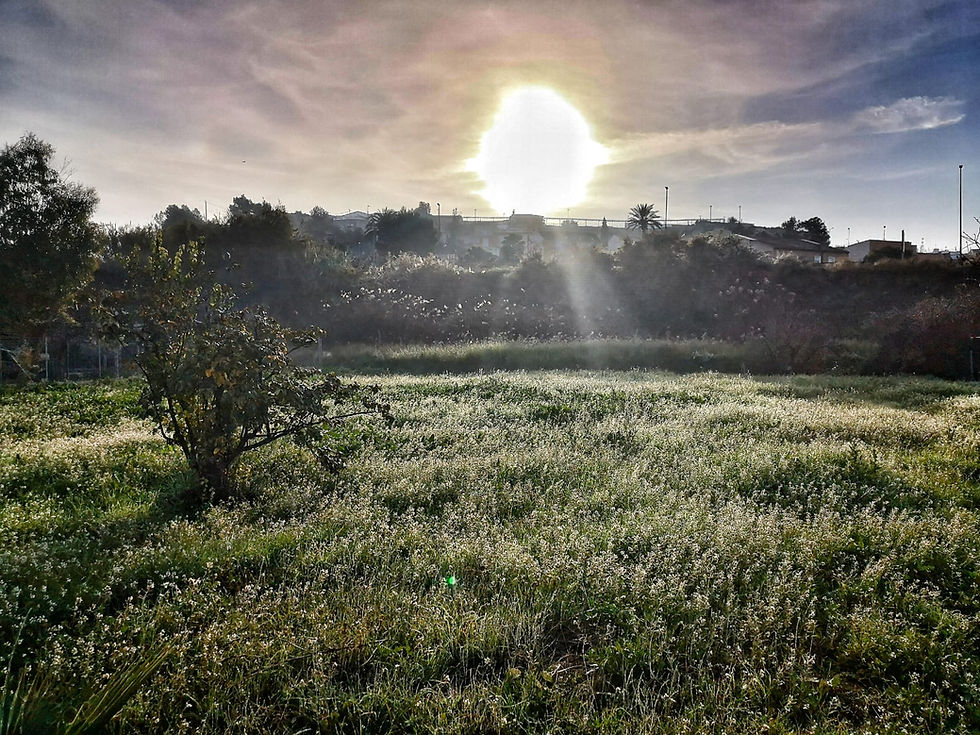Lorquí to rehabilitate the municipality's hills with life cityadap3
- LIFE CITYADAP3
- Jul 16, 2021
- 2 min read
Lorquí City Council is participating in an ambitious European LIFE CITYAdaP3 project aimed at public-private collaboration for the improvement and adaptation of the urban environment to climate change, a challenge already included both in the Local Plan for Adaptation to Climate Change (PACES) and in the work that the municipality has been developing around the Urban Agenda 2030. The Lorquí pilot project will focus on the recovery and rehabilitation of the Los Cabezos area through various actions and solutions.

With European funding of more than two million euros and coordinated by the Federation of Municipalities of the Region of Murcia, this LIFE also has as partners the city of Reggio Emilia (Italy), the University of Murcia, through the Chair of Corporate Social Responsibility, and the municipalities of Lorquí, Alcantarilla and Molina de Segura, as well as the company Eurovértice.
The aim is that local companies, municipal services or with a direct interest in the locality collaborate and express their commitment as co-financiers of the project, through their Corporate Social Responsibility plans, in the actions for the adaptation of the urban environment to climate change.
Specifically, the actions will focus on the cabezos and their cave houses, an orographic element that identifies the town due to its historical importance and landscape value. The Cabezos de La Ermita, Scipión and Las Polacas have suffered a process of geological degradation that has led to the abandonment of houses in the area or a reduction in the quality of life of those that remain.
The aim of the Lorquí pilot project is to halt this erosive process and implement nature-based solutions to mitigate this situation through the stabilisation of slopes, with the construction of walls and maintenance of slopes; the restoration of cave houses, improving services and infrastructure and urban development; and other measures such as the collection of groundwater and a study of its reuse.
At this moment, in the project phase, the hydrological and geotechnical analysis of the headlands has been completed, studying the behaviour of the water in the headlands, and the monitoring of the headlands to measure the groundwater levels and check the movement of the groundwater.
The project will run from 2020 to 2024 and "is a pioneering initiative to involve and collaborate with the private sector in projects and actions to improve the adaptability of the municipality to the new challenges set by Europe for adaptation to climate change and sustainable development of our towns and cities through solutions based on nature", as highlighted by the mayor, Joaquín Hernández.






Comments